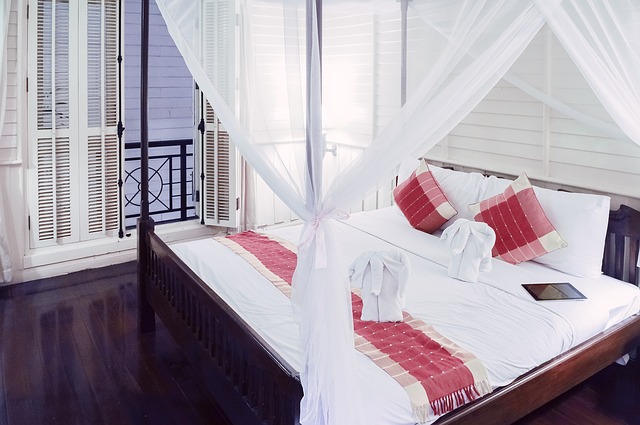India’s OYO Rooms Gets Heavy On Funding
According to a report by Transparency Market Research, the global market for hotels is projected to grow to $703 billion by 2021 from $534 billion in 2014 driven by the proliferation and surging popularity of budget hotels among the growing youth population. Cashing in on this trend is India’s hotel aggregator OYO Rooms.

OYO’s Journey
Gurgaon-based OYO Rooms was founded in 2013 by CEO Ritesh Agarwal when he was just 19. Ritesh started coding when he was eight and was the first resident Asian to be accepted to the Thiel Fellowship. The idea for OYO came to Ritesh while he was backpacking around the country and staying in budget hotels. In 2012, he co-founded Oravel Stays as an online hotel aggregator looking to replicate the Airbnb model.
However, there was a clear need for standardisation of services, amenities, and in-room service in affordable accommodation. He decided to pivot to OYO and tackle this need by partnering with budget hotels and transforming them. The company audits its rooms once every three days through use of its proprietary apps while users provide feedback after every stay.
Today, OYO has scaled to over 200 Indian cities including all major metros, regional commercial hubs, leisure destinations, and key pilgrimage towns. It has over 7,000 hotels or 70,000 rooms in its network. The company plans global expansion, starting with Southeast Asia. It has launched operations in Malaysia and Nepal this year.
OYO monetizes through the commission that property owners pay for each booking. The average commission is around 15% and depends on the location and performance.
OYO has also forayed into premium rooms as well as leisure stays and pilgrimages. The pricing, however, remains at the lower end of the premium range. It has recently launched OYO Townhouse, which is a set of premium properties taken on long-term lease and managed entirely by OYO.
OYO, however, will stay away from homestays offered by the likes of Airbnb and Stayzilla as Ritesh believes that cultural nuances, safety, and regulation issues in India are bound to pose challenges. I’m afraid, I have to agree with this stance.
OYO’s Financials
OYO reported a loss of Rs 496 crore ($77 million) on revenue of Rs 32.8 crore ($5 million) in the financial year 2015-16. Losses had increased 25 times from $3.13 million a year ago. In a recent update, the company says that it has managed to cut down its losses by 33% to Rs 325 crore ($50 million) for FY 2016-17 and doubled its top line. Its annualised sale or gross booking value is $400 million with over 15 million booked room nights annually and its net take rate or average commission is 15%. Its net take rate has been positive since March 2016. The company says it hopes to double its revenue in the coming year.
OYO’s Townhouse model is similar to the franchise model used by its rivals Treebo, which has raised $57 million in funding and Accel- and Goldman Sachs-backed FabHotels, which has raised $35 million in funding.
OYO also needs to look out for increasing competition from online travel agency MakeMyTrip (NASDAQ: MMYT), which is now strengthening its hotel segment and is looking to create its own branded network. It has also acquired another of OYO’s potential rival GoIbibo in October 2016. Over the past two years, MakeMyTrip has raised $510 million in two Post IPO rounds from Ctrip and Naspers. In 2016-17, its net loss was $110 million and revenue was $447 million with over 50% of it coming from hotels and packages.
OYO has raised $450 million from investors including Greenoaks Capital, Lightspeed Venture Partners, Sequoia Capital, Hero Enterprise, China Lodging Group, and SoftBank. Early this month, OYO raised a whopping $250 million from Softbank at an undisclosed valuation. Analysts expect its valuation to have doubled from $460 million last year to at least $900 million. The company plans to use the funds for improving its technical performance as well as its expansion in Southeast Asia.
OYO is yet another case of heavy funding and skyrocketing valuation. Its funding to revenue ratio is too high. Compare it to Airbnb which had revenue of $1.7 billion in 2016 and has raised $4.4 billion so far. It last raised $1 billion early this year at a valuation of $31 billion.
Sramana Mitra is the founder of One Million by One Million (1M/1M), a global virtual incubator that aims to help one million entrepreneurs ...
more


